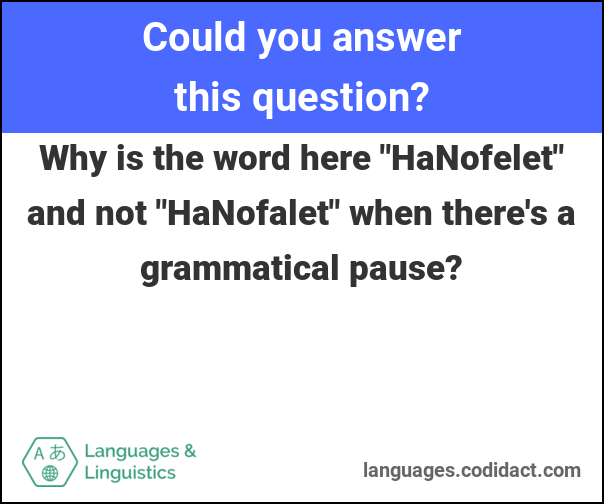What is the most plausible way to rule out string theory?
I writing a story about a physics student who has a difficult relationship with his estranged father, world famous physicist and strong proponent of string theory. As a revenge he wants to rule string theory out, something that his father spent his all life working on.
What would be the most plausible way to do it? How about proving there is no extra spatial dimensions.
My story is mostly psychological, about unhealthy obsession with revenge. However I want physics to be at least plausible.
This post was sourced from https://worldbuilding.stackexchange.com/q/129857. It is licensed under CC BY-SA 4.0.
1 answer
First, I agree with L.Dutch; so I am avoiding duplicating that answer!
String Theory is already defeating itself; there have been two books written on the problems within it. Not Even Wrong (The Failure of String Theory and the Search For Unity in Physical Law) [Peter Woit] and The Trouble With Physics (The Rise of String Theory, The Fall of a Science, and What Comes Next) [Lee Smolin].
There are several problems; including The String Theory Landscape, which is basically the notion that in order to compute something in string theory, you must make a number of arbitrary choices (meaning there is not logical reason to choose one instead of the other), and due to these choices there are
According to Woit,
The possible existence of, say,
consistent different vacuum states for superstring theory probably destroys the hope of using the theory to predict anything. If one picks among this large set just those states whose properties agree with present experimental observations, it is likely there still will be such a large number of these that one can get just about whatever value one wants for the results of any new observation.
A second problem is the lack of Background Independence. You can read about this at the link; but generally it is a desirable feature of physical theories (like Einstein's General Relativity) and it is not possible for String Theory to have it.
The third problem and reason it has not been abandoned is The Sociology of Science.
Peter Woit views the status of string theory research as unhealthy and detrimental to the future of fundamental physics. He argues that the extreme popularity of string theory among theoretical physicists is partly a consequence of the financial structure of academia and the fierce competition for scarce resources.
Meaning, the reason people keep working on it is because it became the dominant theory for decades, and sucked up all the funding of physics departments, and writing papers on String Theory (basically mathematics papers because no experiments can be done) has resulted in most physicists having become String Theorists for their entire career, and they run the departments, and are advisors to students, and the curricula and research projects for graduates are overwhelmingly about String Theory.
A fourth problem is that String Theory is inherently super-symmetric, and the experiments at the Large Hadron Collider (LHC) have ruled out, to about 99.9% certainty, any super-symmetric particles.
These findings disappointed many physicists, who believed that supersymmetry (and other theories relying upon it) were by far the most promising theories for "new" physics, and had hoped for signs of unexpected results from these runs. Former enthusiastic supporter Mikhail Shifman went as far as urging the theoretical community to search for new ideas and accept that supersymmetry was a failed theory.
If super-symmetry dies, then String Theory is almost certainly dead too, but this has not stopped the String Theorists! Likely because of the Sociology problem, that String Theory and solving that type of problem has become the culture of physics.
Given all of that, it is very unlikely it can be definitively proven wrong, and even if it were, the theory would just morph into some other version of string theory.
Your student's best option is not to study String Theory and prove it wrong, that is a life-long rabbit hole with no escape.
Instead, he could reject his father's field, and study an alternative and prove it right. Specifically, the biggest contender is Loop Quantum Gravity. This has a few of its own problems, but it doesn't suffer from the ridiculous Landscape problems of String Theory, and unlike String Theory is expected to make testable predictions.
It also has the advantage that a relatively small percentage of physicists are working on it; which makes the odds of a student discovering something new more plausible. (String Theory has been hammered by the majority of physicists, including all the masters and icons, for fifty years.)
In this scenario, the student may find something in the equations of LQG that leads to a new version of Modified Newtonian Dynamics (MOND), and works better than the existing relativistic versions of this and solves the Problems of MOND. i.e. it would completely eliminate the need for dark matter in observations, or explain velocity dispersion in modular clusters, which current MOND's do not.
Or, the LQG solution he discovers would make gravity waves travel at less than the speed of light, resulting in a MOND which would be new physics and break String Theory. (The 2017 results of LIGO and the existence of gravitational waves at all is in question).
The best way to kill String Theory is with a new development in LQG that generates excitement in the physics community for a way forward in explaining multiple items in the List of Unsolved Problems In Physics. Solving celebrated outstanding problems is how physicists win Nobel prizes, become influential, get funding, and generally gain success. Open a new path to that, and people will start abandoning String Theory in droves. It will become a joke. Your student will become famous and outshine his father.





















0 comment threads